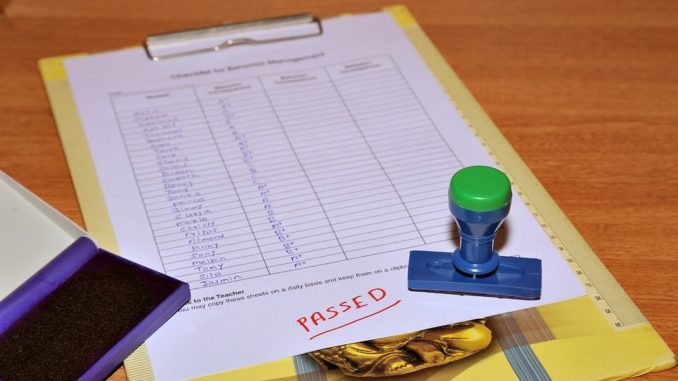
As reported by the BBC, an analysis of 2018’s GCSE results in England by Ofqual has shown that one in eight teenagers had poor GCSE passes
The analysis by Ofqual of 2018’s GCSE results in England showed that:
- 561,180 16-year-olds sat GCSEs
- but 70,730 – 12.6% – didn’t get a single good pass at grade 4 or above
- a further 23,210 – 4.1% – got at least one grade 4 or above pass, but not in maths or English.
Even failing GCSE English by just one grade can have serious consequences, according to recent research by the Centre for Vocational Education Research at the London School of Economics.
It can mean that doors to other post-16 courses are often shut, teenagers lose confidence and this can ultimately lead to what economists call “wage scarring”. In other words, being trapped as an adult at or below the minimum wage, or struggling to get work at all – simply from failing one crucial GCSE.
The centre’s director, Professor Sandra McNally, said in this respect the UK is worse than other major economies.
“It’s scandalous that it has been neglected for so long – it’s got worse over time.”
This is the issue, she said, that politicians should focus on in England’s education system.
More young people are doing well, going on to university, but that does not help those whose school record means they struggle to progress onto any qualification at Level 3, the equivalent of A-level.
Prof McNally says not only do they struggle to get a job where their pay can increase, but: “It also means that if something bad happens to the economy, it’s harder to find another job, so there are consequences for their living standards in the long term and for their family”.
Asher Cecil-Wright sat five GCSEs when he was 16, but didn’t get a pass grade in any of them: “What effect did it have on me? Really bad. I couldn’t do nothing.”
Cecil-Wright is now trying to get more basic skills, studying one evening a week for a Level 2 (GCSE pass equivalent) engineering qualification. He was able to start it after doing a basic study programme at City of Wolverhampton College, which is open to young people who can’t get onto other courses.
Don’t forget to follow us on Twitter, like us on Facebook, or connect with us on LinkedIn!


Be the first to comment